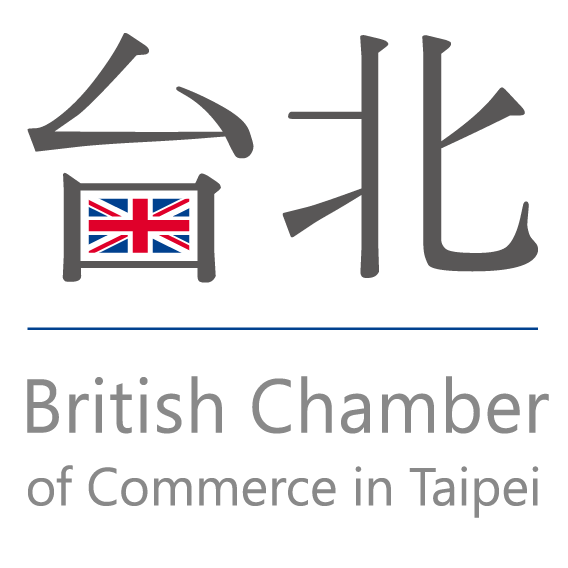CommonWealth Magazine | Can Taiwan companies be innovative?
A lot of things need to come together for innovation to happen. For Taiwan, the “soft” factors like organizational culture, attitude, and trust might be the hardest factors on the way to being more innovative. How to say that?
Innovation is defined as introducing something new that is useful into a market or a society. This “something new” can be a product, a service, a process, or a business model. Whether or not it is actually useful is determined by the context into which it is introduced, that means the market or the society.
A lot of things need to come together for innovation to happen. And there is no guarantee that it will work! We can only increase the likelihood. There is no best practice and no magic formula.
There are “external” factors, such as regulatory constraints and a supportive ecosystem of existing industry, academia, and startup companies. A few years ago, I read a study that said that from this perspective Taiwan is a great place as the supportive ecosystem is well developed.
Equally important is the organizational perspective and what I call the “internal” factors. I shall share some of these in this article.
Key influencers of innovation
The first factor is the people. People need skills for innovation to happen. On the one hand, there are so-called domain-specific skills, such as engineering or programming skills. Here Taiwan seems to be well equipped in many areas.
On the other hand, there are domain-general skills of which innovation-related skills are a part. These include thinking habits, like for example being able to broadly think in different alternatives and not evaluating them too early. These skills can be trained and deliberately improved. There are people like me who make a living out of this. Whereas Taiwan’s education system with its frequent tests and rote learning very much emphasizes finding the right answer, assuming that there is one correct way of doing things, which for innovation there obviously is not.
Innovation also needs people that want to innovate.
I had a conversation with a business unit leader from Europe working at an international company in Taipei in which he would point out a difference to his team members back in Europe: People here don’t seem very motivated to be creative and think up new solutions. I then would always answer: Everybody is motivated for something. The real issue is when an organization CANNOT motivate its people! What organizations can very effectively do, however, is to demotivate the people working for them. Then people will just do what they are told to do and nothing else. They stop thinking beyond the expected.
A second factor is processes suitable for innovation. This is often the core of innovation management.
Going deeper would exceed the scope of this article. In short:
Different types of innovation need different processes that are deliberately set up for this. The danger here is to be too results-focused and too efficient too early. Innovation, however, is never very efficient because it means that we have to try out different options before we figure out what works.
I remember vividly a meeting I had with a higher manager from a Taiwanese electronics company. He was interested in me facilitating an innovation workshop for finding directions and first concepts for a new product category they were interested in. He would ask me if I could tell him how much revenue his company would make in two years from now with the results of the workshop. I told him that of course I cannot tell him, as we don’t even know what the result of that workshop will be and what direction they will take. He then said that he cannot get the budget approval if he cannot tell his manager the return on investment.
Processes need to be able to deal with uncertainty which is a defining factor of innovation.
A third factor is culture. Culture can be defined in simple terms as “the way things are done around here”. Modern organizations face the challenge that they need two cultures: One of operational excellence which I believe many Taiwanese companies to be good at. Then there is a culture of innovation. A culture supportive of innovation requires different principles and behaviors than a culture of operational excellence. Organizations face the challenge to navigate both.
